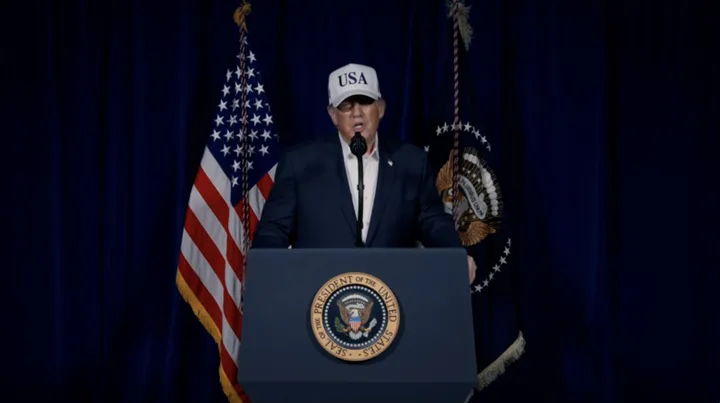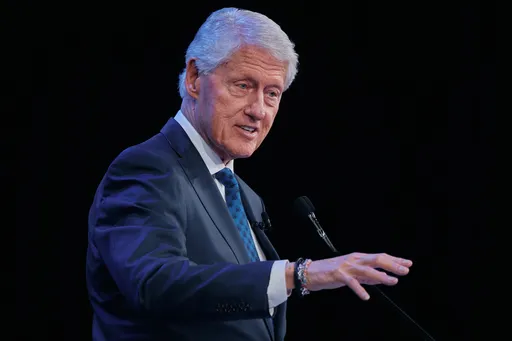Britain’s literary summer kicked off with a sparkling new volume: Among the Mosques. The latest publication by former radical-turned-religion re-imaginer Ed Husain, the book is a superficially reflective and none-too-subtle dog-whistling addition to an inexplicable assembly line of popular books doomsaying the presence and activity of Muslims in Britain.
While it is not yet certain whether the book is meant to be a serious read or another addition to publisher Bloomsbury’s long list of fictional bestsellers, Among the Mosques seems to be a step up for Husain in that, unlike his literary debut that was later revealed to have been largely ghostwritten by government officials, it is presumably at least his own work.
There is no need to rehash the many criticisms found by even mildly informed readers of the book. Sameer Rahim points out a stream of blatant errors and pandering stereotypes. Yahya Birt grudgingly credits Husain’s panache in the “role of the brown man carrying the white man’s burden to save Islam from itself”.
Meanwhile, it took the work of intrepid readers to uncover what should have been the editor’s most basic task in ascertaining the veracity of Husain’s sources. For the record, Husain took to Twitter after the fact to proclaim that pseudonyms, unmentioned in the text, were necessary to protect these “sources”.
Nonetheless, it pays in some circles to pander to the basest instincts of the intended audience: one that would take at face value – and with zero evidence – a claim from a misnamed official of uncertain existence that trouble in Manchester is caused by Middle Eastern refugees who allegedly vent their frustration with their war-torn homelands by preying on the hapless Lancastrian public.
The Economist, that reliable bellwether of the British establishment’s latest whims, shed any critical inquiry and raved over it, while tabloids gushed over the suitably harsh self-inquiry that Husain has taken upon himself to conduct on Britain’s mosques.
Such claims would be laughable if not for the very serious consequences of such fear-mongering. Anti-Islamic sentiment has become endemic across large parts of the political spectrum in Europe and North America and has frequently led to tragedy – as seen most recently in the Canadian city London last week, and in a numbing procession of similar mass murders against Muslims, or individuals perceived to be Muslim, in the past few years.
Frequently overlapping with other types of bigotry – including fascism, antisemitism, misogyny and racial supremacism – Islamophobia has been a common point in pseudo-nativist supremacist groups that pose a threat to the political order in the very countries they claim to defend. It is thus even more ironic that Islamophobia was fanned by parts of the political establishment in those same countries.
The pity is that years after the danger of such populist rhetoric had become manifestly clear, political and media establishments in these countries refuse to learn the lesson.
In a rare and since-unevinced display of originality, Ed Husain was among the earliest adventurers who opted to cash in on their youthful radicalism after the ‘war on terror’ began.
Having been on the radical fringes of British Muslim society as a lad – during a period, in the 1990s when a small but disproportionately vocal fringe existed as a byproduct of Britain’s convoluted alliance with Arab despots, geopolitical maneouvres and internal socioeconomic tensions – he then swung to the opposite extreme.
It was psychologically easy – perhaps even cathartic – to project the extremism of his youth onto the Muslim community as a whole. It was also, in the age of the ‘war on terror’ where Western publics were gripped with anxiety about Muslim terrorists, quite lucrative.
Never mind the dubious claims, indeed authorship, of his first book, The Islamist. Husain was duly hailed by anybody sufficiently uninformed on the subject and soon followed by imitators.
Perhaps the most notorious was Maajid Nawaz, with whom Husain co-founded an infamous think tank that, cosying up to the far-right in both Britain and the United States, spent over a decade polarising British society in the quest to rescue it from radical Islam.
However piously George W Bush proclaimed that the ‘war on terror’ was not a war on Islam, the unfortunate fact was that no shortage of advisors, bureaucrats, officials and intelligentsia saw it exactly that way.
Such sentiments reached as high as Bush’s foremost foreign minion Tony Blair, who defined “radical Islam” as any public expression of Islam independent of the policy preferences of overwhelmingly non-Muslim Western governments.
The bizarreness of such a claim was papered over by a frenetic cacophony on the imminent threat of “radical Islam” so that entire Muslim communities were suspect. Who in their right mind, for instance, would respond to the Rohingya genocide of Myanmar by fixating on its junta’s religion and demanding a Muslim-subservient reformation of Buddhism?
In this formula, the dramatic “confessions” of former radicals like Ed Husain played a key titillating role. The cost of that titillation was an increasing accommodation to and normalisation of bigoted views that in turn helped normalise the far-right on local and national politics.
If the threat to Muslim life and limb were not enough, one would have expected Western political and media establishments to have at least introspected for the sake of political stability. Unfortunately, the glowing reception accorded to Ed Husain’s latest appeal suggests that the lesson is unlearnt.























